Learn The Types & Roles of Family For Grade 3
Family is that group of close associates with whom we start to communicate & depend from the moment of birth. Across it, the state through which a first/teacher/protecting friend can be another friend can be made sense of. They fashion us into who we are. They help us learn love, to share, to mature. They carry us through; it's a learning-and-teaching experience for both of us, I'm part of their celebrations & I'm always there for them when something is amiss. All of the above will teach us valuable lessons about diversity, tolerance, & concern for our own family as well as learn about other's family.
In this chapter, we'll learn about what the term 'family' means; the various classifications or kinds of family; the roles or responsibilities of family members; & how families influence us. Moreover, we will also understand the significance between the recognition, values, the traditions & the culture of a faraway family.
What is a Family?
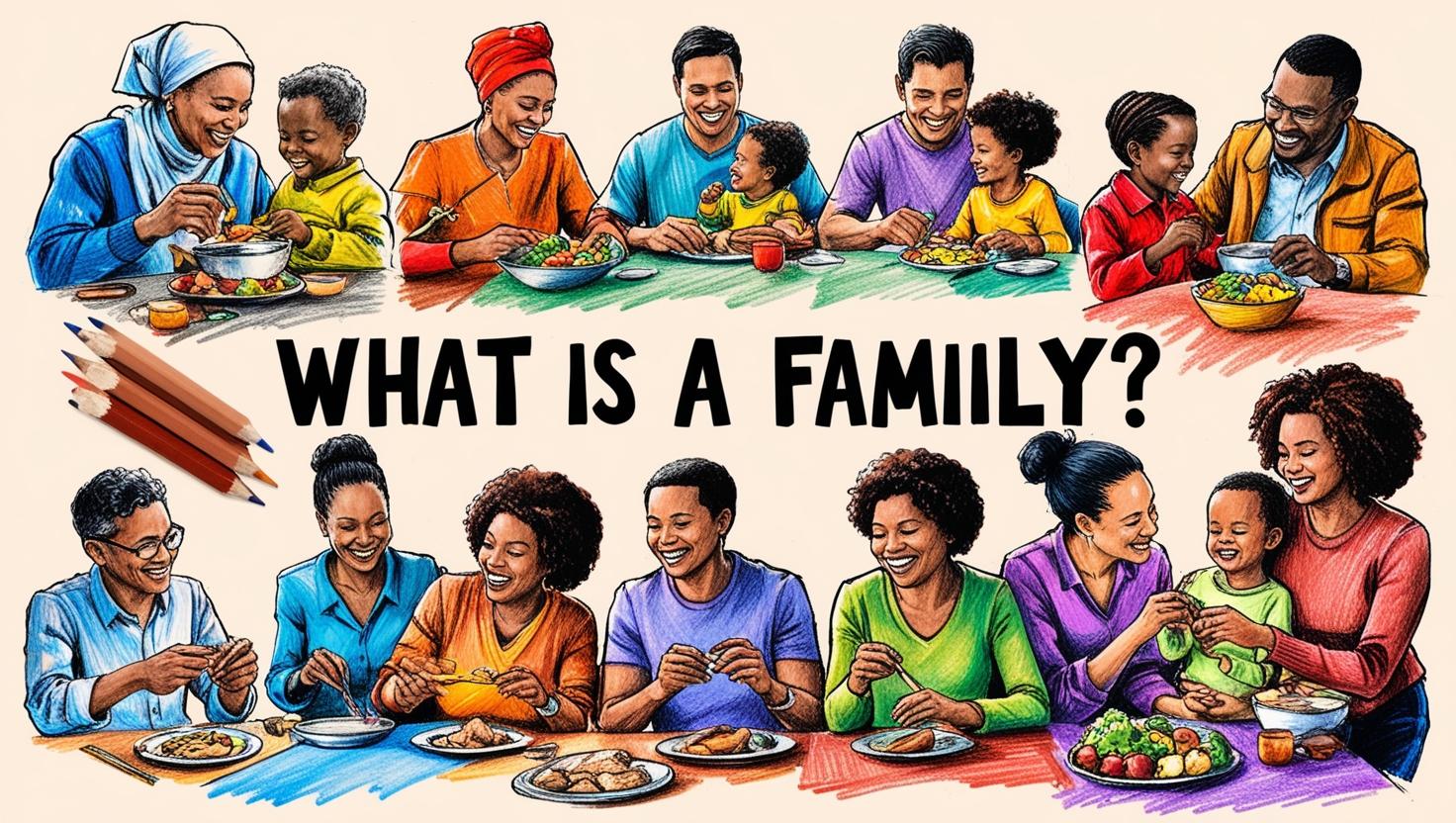
Family is described as a group of individuals connected by love and caring and affection. Family members are all relatives, e.g., parents, siblings, grandparents, aunts, uncles & cousins. Families can have a few of their members or several thousand. Still, each one has its special feature.
Family types
Nuclear Family
In this model of family formation, both of the parents are living together with their children..
All Family Members
Parents, grandparents, first cousins of children, aunt and uncle also live in the same house.
A Single Parent House
In that family structure, only one good parent can provide for the children.
Big Family
Conversely, they are excluded from the other relatives-the uncles and aunts, cousin-because the relative of these relatives is also too close to the empiricity to be recognized as that.
Adoptive Families
Those adopted & brought up in the same form of care as naturally born children of a family.
Family Tree – Roles Played by Family Members
Family members are related, i.e., they are familial & comfortable.
Parents
They look after the family. They provide us with food, clothing and a lid. Apart from that they also provide us with life examples like honesty, kindness, & responsibility.
Siblings
Brothers & sisters are usually our most casual first friends. We give games, toy, & above all, the way to game, to collaborate with that toys as to have the option to show on it. This also teaches us how to share & work together.
Grandparents
They are the wisest members of the family. They are great storytellers, teachers about cultural values, & wise old (and young) men (and women).
Aunts and Uncles
Unsurprisingly, they also sometimes acted as such "additional parents" watching, assisting, & sometimes even spoiling you with a "babysitting" reward.
Cousins
These are siblings who live in different homes. They make family gatherings so fun & memorable.
Why is Family Important?
Families are the base of our lives. They give us love, support, & guidance. Here's why families are so important:
Emotional Support: Those who love me, are with me in good times, and bad times, and console & lift me when I'm feeling low.
Learning and Growth: They also allow us to become proficient in all the skills necessary for "adulting" (e.g., the ability to cook, clean or solve a problem).
Tradition and Culture: Family teaches all our traditions, festivals, & value systems.
Security: A family is a sense of security for us. It is the only place where we actually belong.
How Does My Family Help Me?
Support: Family is the basis from which fear, anxiety and despair are overcome. For example, each time you are injured by a fall it is your father or grandfather who is carrying you.
Love: They are there all the time to help us out, to give us unlimited love, to make us feel wanted, appreciated, irreplaceable, etc.
Teaching Values: They tell us the reality, the humanism, & the worth of the other.
Sharing Happiness: Families have dedicated time for positive, i.e., birthdays, holidays, success, etc.
Respect for Other Families
There’s no one way for families to look or live. There are, however, those who have tongue in cheek,& they, in their own ways, watch. Their traditions can also be different ones. Because people are experiencing different experiences in life, then the learning of respecting other families also allows us to respect people, too.
Real-Life Examples of Family Support
Help with Homework
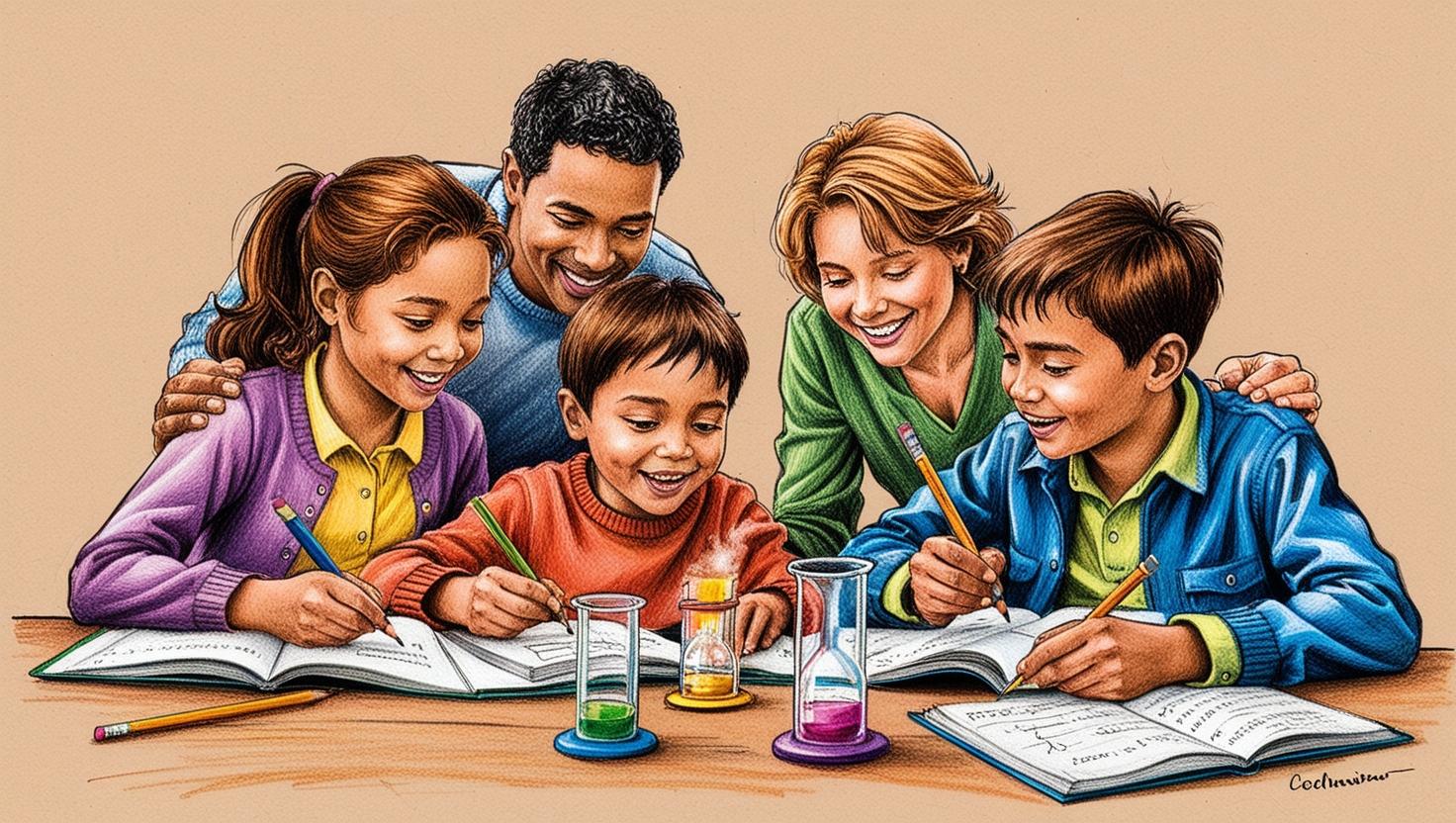
You know when your brother/sister/parent answers the question at and comes up with the solution to that science experiment.
Taking Care of Each Other
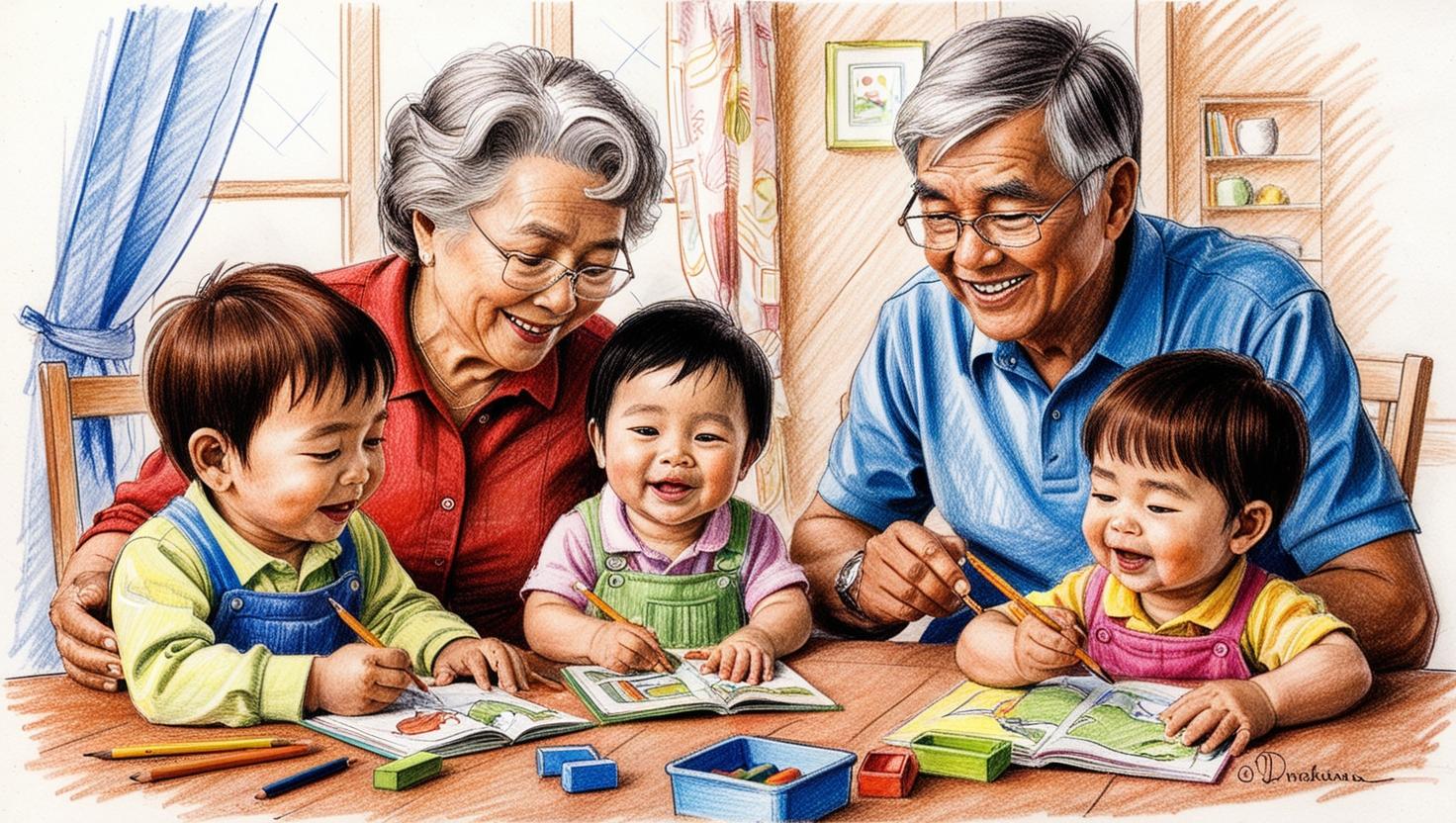
Parents are away for work & travels and grandparents become a substitute childcare.
Celebrate
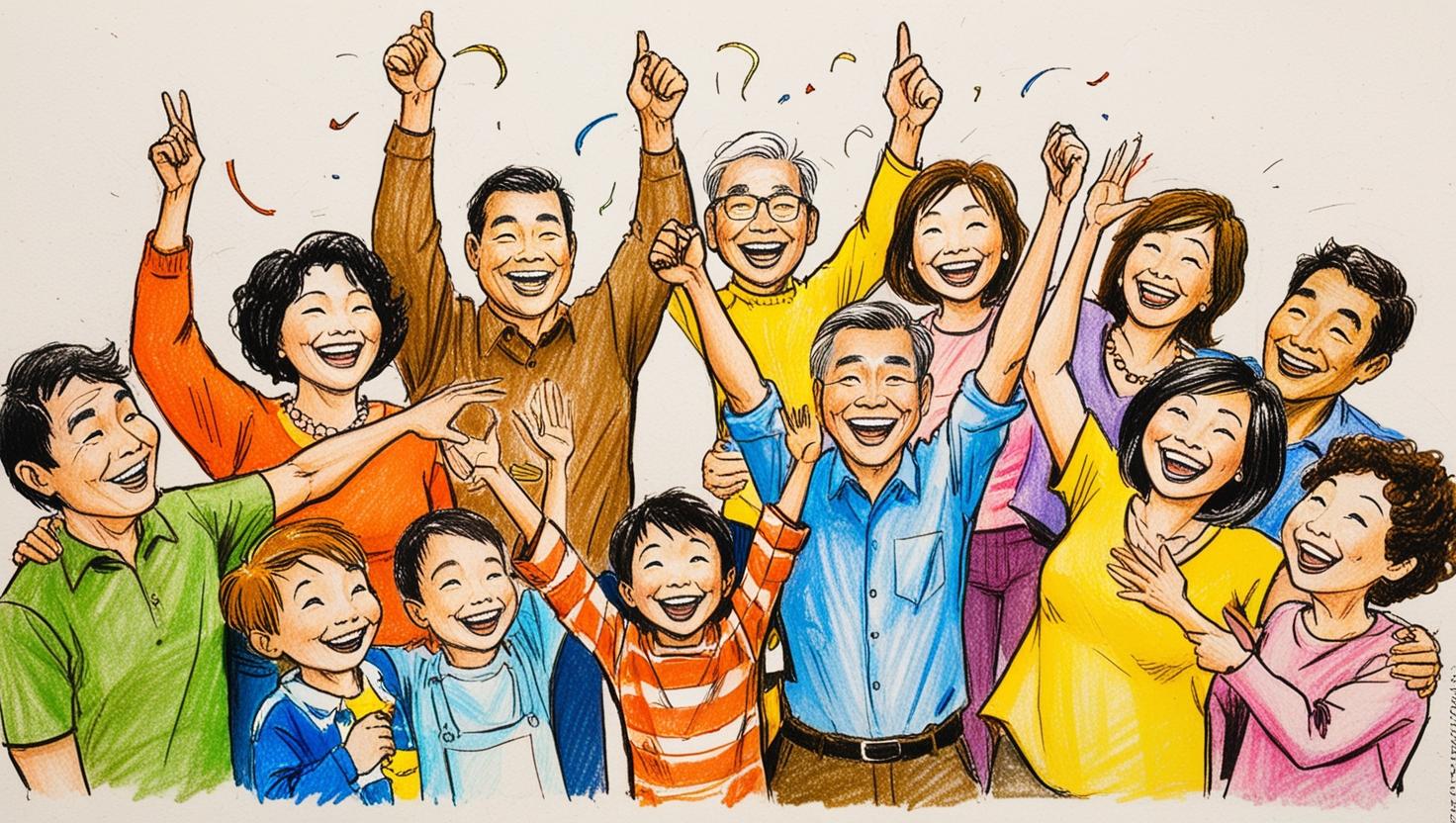
Families having your back when you speak up or get credited.
Cooking Together
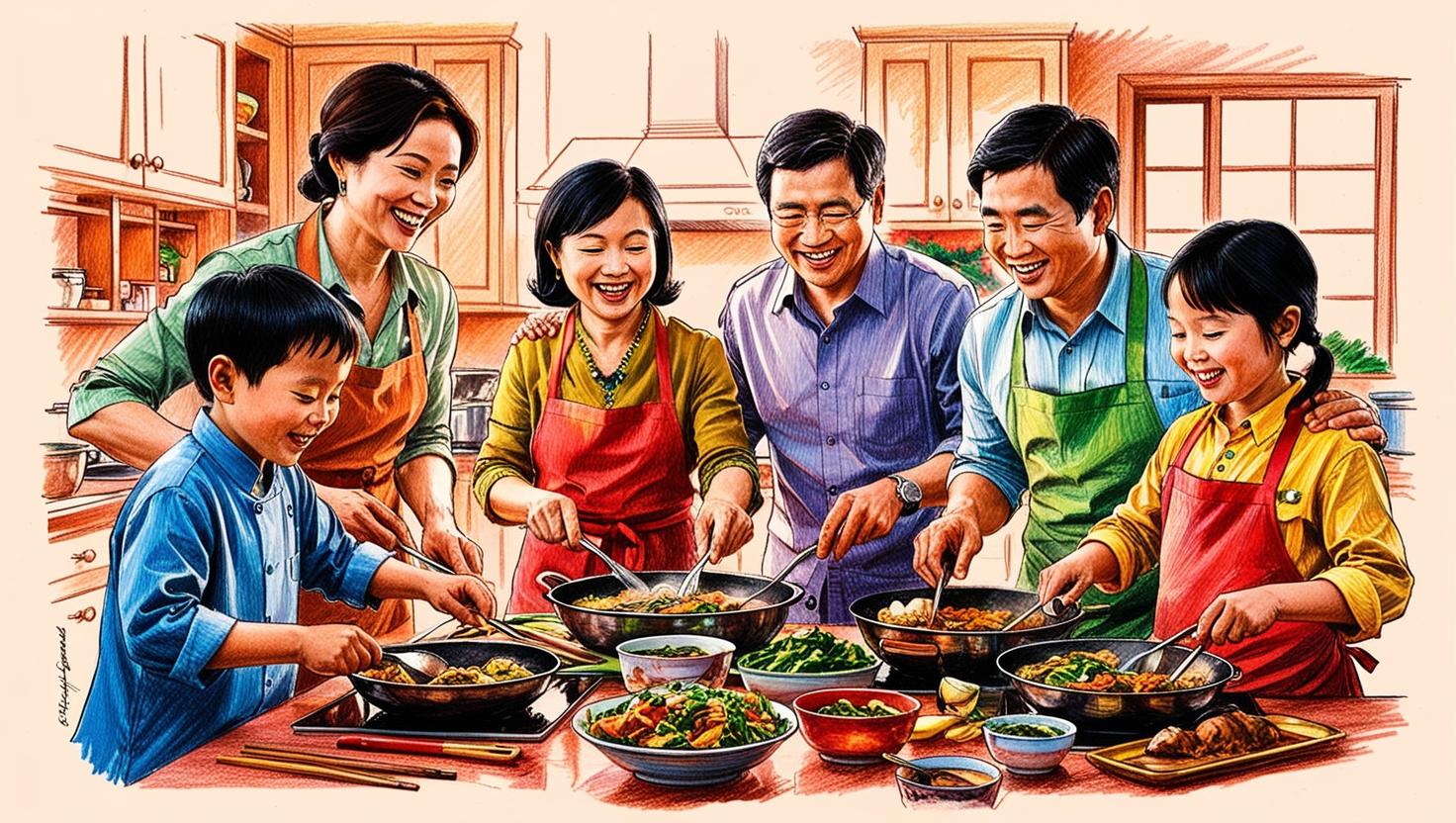
Cooking holiday meals or weekends with the family.
Family Fun Facts
Family Reunion: The amazing event of tens of thousands of people related to each other in that they share blood and/or marriage in being part of the same family begins.
Storytelling Tradition: In most cultures, discussion of family history & storytelling at the end of the day by grandparent is a tradition.
Pets as Family Members: At least not all, but probably most families relate to their pet (dog or cat) as a member of the family/house.
Funny NickNames: (Laughter) as the family calls out to one another.e.g.
International Family Day:15 May is International Family Day..
Things that the Family Engage in Together
Food and Dinner: The baking takes place in the family and only among family members, in the family members' house, according to the family members living harmoniously.
Play Game: They can play board games, outdoor games or puzzles.
Celebrating Festivals: In most families, festivities like Diwali, Christmas or Eid will be celebrated together.
Traveling: With the family group, good memories are made, too.
Movie Nights: The effect of having a real audience in a familiar movie with a crowd is one means of creating a social sensitivity to others.
Things You Learn
- Family is right in the middle of our life.
- They are currently the finish line of love, care & affection in people's lives.
- Families pass values on to their children in the right way and celebrate them when they are manifested.
- Still, the family members are all distinct in every way, and only a small number of scenes to be remembered are useful.
- By researching the experiences of others, one learns to perceive the reality which is beyond the self.
- Therefore, let us love and respect our families while, at the same time, gaining knowledge & recognition of other's family beauty.
- Family does not imply coincidentally living together but, in living, taking care of & sharing with each other, once or even in part during their life experience.
FAQs
What is family for class 3?
Family is a collective of individuals living together and displaying love/affection, supportiveness/caring, & reciprocal.
How do I write about my family for class 3?
Task writing appropriate for Class 3 learners, & indeed other learners with special needs, is not easy to devise.
What are family questions and answers?
Write about your family members, their names, what they do, & how they help and care for you.
What are the two types of families?
Nuclear family (parent & offspring) & joint family (parent and offspring plus other members) families are two kinds of families.
CBSE Schools In Popular Cities
- CBSE Schools in Bangalore
- CBSE Schools in Mumbai
- CBSE Schools in Pune
- CBSE Schools in Hyderabad
- CBSE Schools in Chennai
- CBSE Schools in Gurgaon
- CBSE Schools in Kolkata
- CBSE Schools in Indore
- CBSE Schools in Sonipat
- CBSE Schools in Delhi
- CBSE Schools in Rohtak
- CBSE Schools in Bhopal
- CBSE Schools in Aurangabad
- CBSE Schools in Jabalpur
- CBSE Schools in Jaipur
- CBSE Schools in Jodhpur
- CBSE Schools in Nagpur
- CBSE Schools in Ahmednagar
- CBSE School In Tumkur











